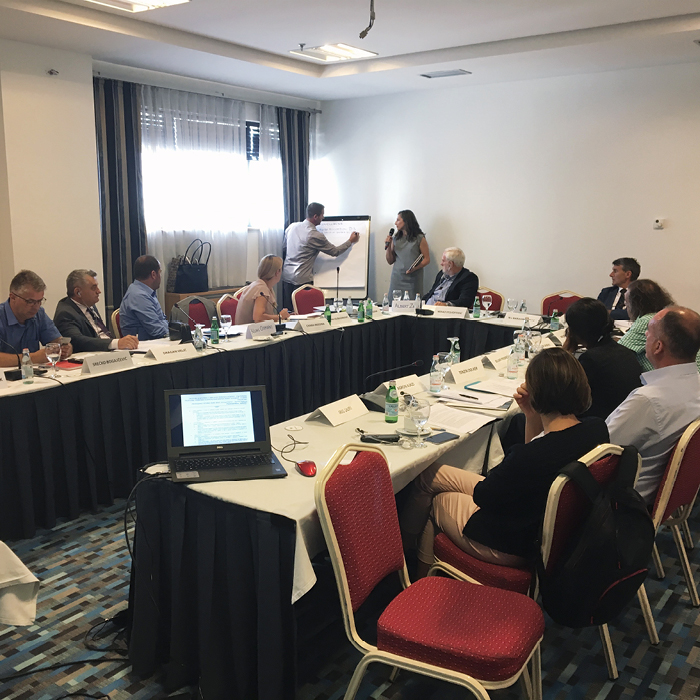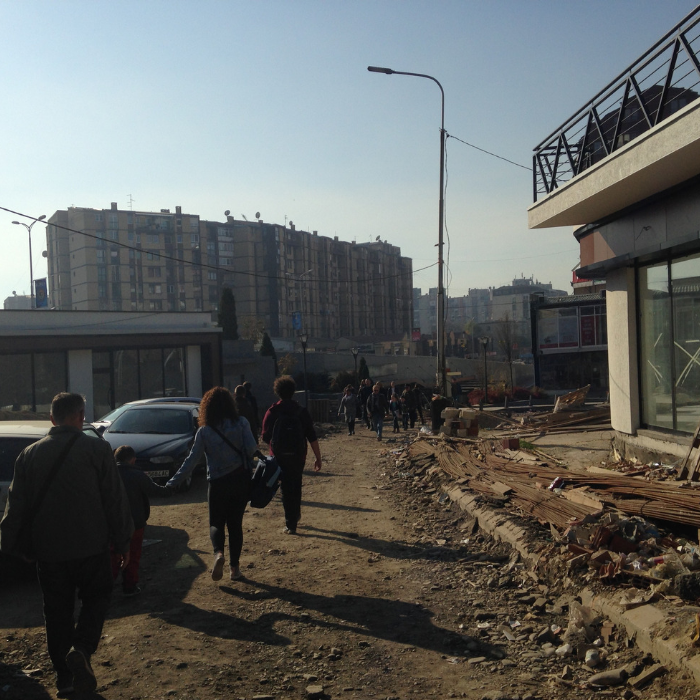Agreement on displacement data tends to be difficult to achieve, because different stakeholders use different methods and definitions when gathering information for diverse operational reasons. This means that potential partners rarely subscribe to the same view of a displacement situation, let alone agree on how to work together on interventions and responses.
Collaborative data collection processes such as profiling, by contrast, aim to build consensus from the outset by identifying commonality among partners’ data needs, establishing clear and shared objectives, and securing the tangible buy-in of all stakeholders. This includes IDPs and host communities themselves, to ensure that their perspectives, needs, capacities and intentions are taken fully into account.
With JIPS acting as a facilitator in its role as a neutral broker, the profiling coordinator ensures that the analysis of data collected in the field establishes a shared understanding of the displacement situation as the basis for joint action. The collaborative nature of profiling exercises also generates consensus beyond the data they produce. It also fosters a culture of working together that is central to the undertakings they seek to inform.

